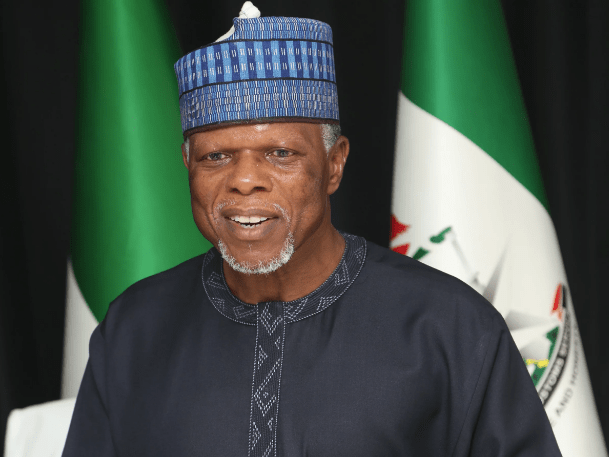
The World Bank has asked the Nigeria Customs Service to reduce delays in border and port clearance by simplifying and harmonising documents, streamlining, automating procedures, and introducing risk-based customs interventions.
The World Bank gave the charge on Tuesday in its November 2021 Nigeria Development Update.
It said the Nigeria Customs Service must speed up the processes of import clearance at the ports, especially the ports in Lagos, which handle a large chunk of cargoes imported into Nigeria.
The World Bank report stated that eight million Nigerians fell into poverty in less than two years as a result of inflation shocks.
The report also revealed that Nigeria no longer benefits from high oil prices, with record low revenues, and exorbitant fuel subsidies, which makes it the only country in the world granting universal price petrol subsidies.
Also, the report reiterated that Nigeria has the worst revenue-to-GDP ratio among 115 countries monitored by the World Bank.
To address the grim picture of Nigeria’s economy going into the future, the World Bank recommended a number of policy decisions for the Muhammadu Buhari administration and the Central Bank of Nigeria (CBN).
The recommendations include the increase in taxes on what it referred to as “sinful goods,” including cigarette, alcohol, sugary drinks.
The bank asked the Federal Government to accelerated efforts to diversify its revenue stream as well as remove fuel subsidies.
“Nigeria is the only country in the world with a universal price subsidy that applies exclusively to PMS. Universal price subsidies for liquid fuels are almost always regressive, as the rich consume far more fuel than the poor,” the report stated.
“PMS subsidies are especially regressive because PMS is used primarily in light- and medium-duty motor vehicles, which are rarely owned by the poor. Since raising PMS prices tends to have minimal adverse effects on poor households, governments worldwide have typically prioritised eliminating PMS subsidies over those that apply to other fuels.
“However, Nigeria has done the opposite – eliminating all subsidies for liquid fuels other than PMS. Moreover, the Nigerian PMS subsidy is exceptionally generous, and in October 2021 the PMS pump price was the seventh-lowest among 168 economies surveyed at just ₦495 per litre,” it said.
The bank said the poorest 40 percent of Nigerians consume less than 3 percent of the total PMS consumption in Nigeria.
The World Bank also asked the Federal Government to cut back on its request for overdrafts from the Central Bank of Nigeria; enhance the flexibility and predictability of exchange rate management; build a digital ecosystem; and protect the poor.
“One leading barrier is Nigeria’s underdeveloped fixed broadband infrastructure, which is partly attributable to burdensome Federal and State regulations. This weak infrastructure base creates a ripple effect across the economy, contributing to low levels of financial inclusion, and persistent geographic and gender gaps in access to and use of digital technologies.
“Conflicts, particularly in the north, exacerbate these challenges, due to heightened security risks. By investing in its digital infrastructure and strong foundational ID systems, Nigeria can promote economic development, security, governance, and efficient delivery of services, thereby accelerating progress toward an inclusive digital economy,” the World Bank report further stated.
The bank advised Nigeria to build digital public platforms, digital financial services, digital entrepreneurship, digital skills, and digital infrastructure.
Copyright Ships & Ports Ltd. Permission to use quotations from this article is granted subject to appropriate credit given to www.shipsandports.com.ng as the source.